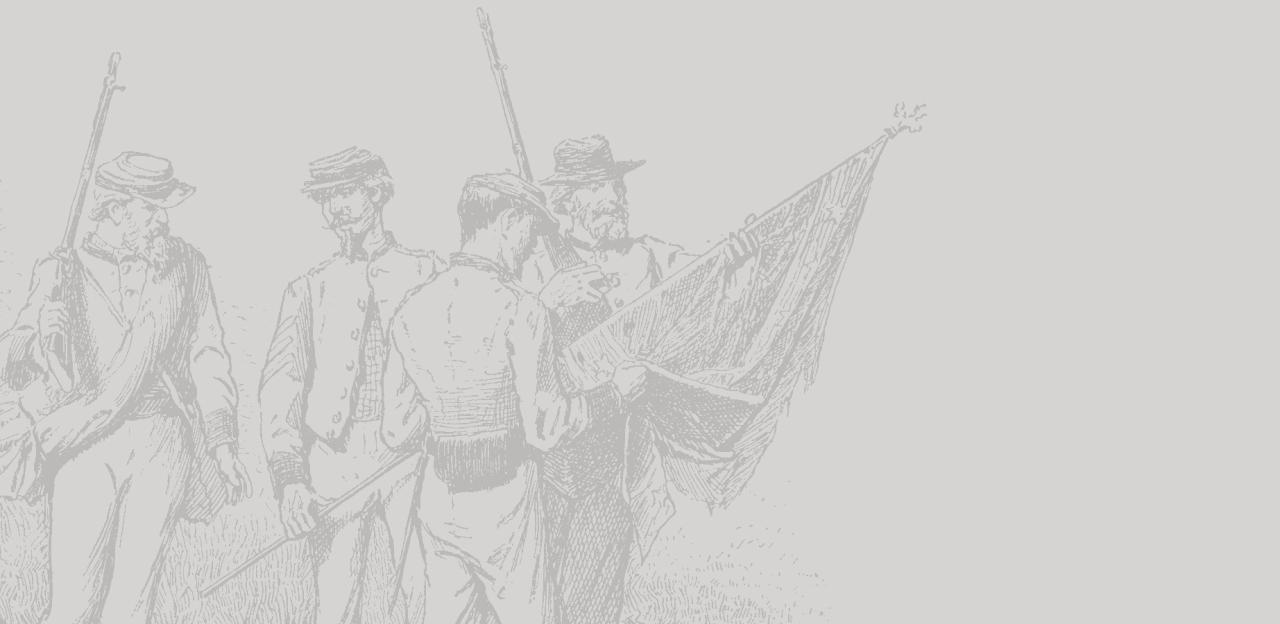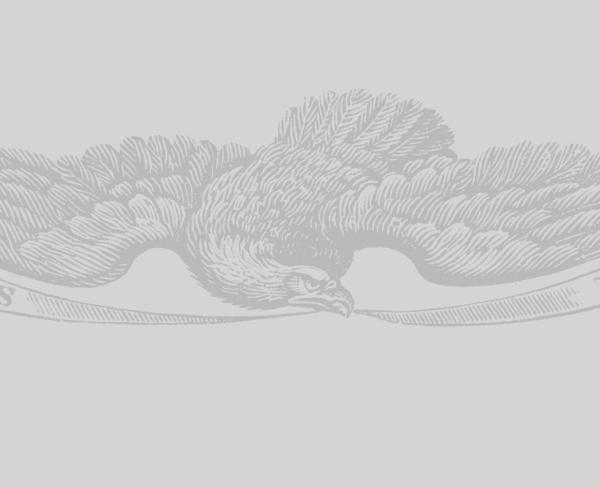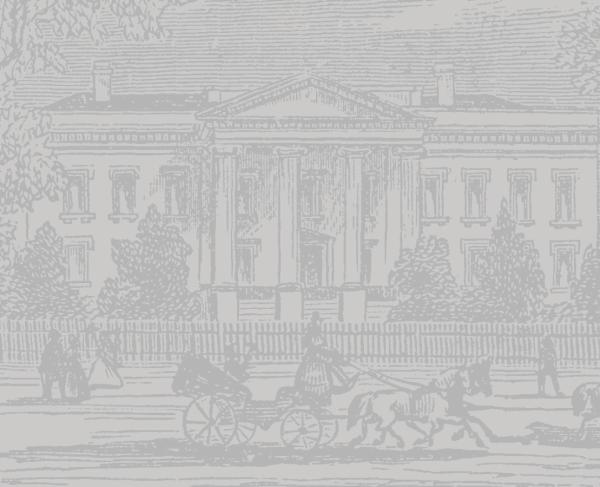U.S. Grant's Account of Taking Command of the Union Army

The following is Ulysses S. Grant's account of what happened upon taking command of the Union Army. He specifically recounts his discussion and reaction to General Meade, commander of the Army of the Potomac.
On the 10th [March 1864] I visited the headquarters of the Army of the Potomac at Brandy Station [Virginia]; then returned to Washington, and pushed west at once to make my arrangements for turning over the commands there and giving general directions for the preparations to be made for the spring campaign.
It had been my intention before this to remain in the West, even if I was made lieutenant-general; but when I got to Washington and saw the situation it was plain that here was the point for the commanding general to be. No one else could, probably, resist the pressure that would be brought to bear upon him to desist from his own plans and pursue others. I determined, therefore, before I started back to have Sherman advanced to my late position, McPherson to Sherman's in command of the department, and Logan to the command of McPherson's corps. These changes were all made on my recommendation and without hesitation. My commission as lieutenant-general was given to me on the 9th of March, 1864. On the following day, as already stated, I visited General [George Gordon] Meade, commanding the Army of the Potomac, at his headquarters at Brandy Station, north of the Rapidan. I had known General Meade slightly in the Mexican war, but had not met him since until this visit. I was a stranger to most of the Army of the Potomac, I might say to all except the officers of the regular army who had served in the Mexican war. There had been some changes ordered in the organization of that army before my promotion. One was the consolidation of five corps into three, thus throwing some officers of rank out of important commands. Meade evidently thought I might want to make still one more change not yet ordered. He said to me that I might want an officer who had served with me in the West, mentioning Sherman specially, to take his place. If so, he begged me not to hesitate about making the change. He urged that the work before us was of such vast importance to the whole nation that the feeling or wishes of no one person should stand in the way of selecting the right men for all positions. For himself, he would serve to the best of his ability wherever placed. I assured him that I had no thought of substituting any one for him. As to Sherman, he could not be spared from the West.
This incident gave me even a more favorable opinion of Meade than did his great victory at Gettysburg the July before. It is men who wait to be selected, and not those who seek, from whom we may always expect the most efficient service.
Meade's position afterwards proved embarrassing to me if not to him. He was commanding an army and, for nearly a year previous to my taking command of all the armies, was in supreme command of the Army of the Potomac -- except from the authorities at Washington. All other general officers occupying similar positions were independent in their commands so far as any one present with them was concerned. I tried to make General Meade's position as nearly as possible what it would have been if I had been in Washington or any other place away from his command. I therefore gave all orders for the movements of the Army of the Potomac to Meade to have them executed. To avoid the necessity of having to give orders direct, I established my headquarters near his, unless there were reasons for locating them elsewhere. This sometimes happened, and I had on occasions to give orders direct to the troops affected.

